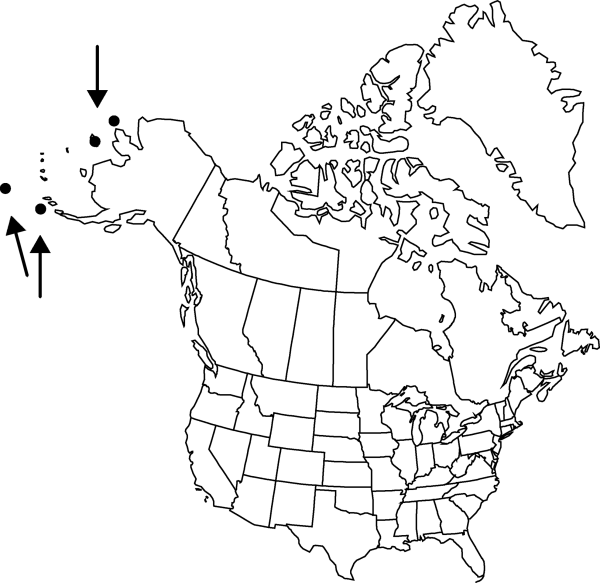Difference between revisions of "Claytonia arctica"
Mém. Soc. Imp. Naturalistes Moscou 5: 94. 1817.
Common names: Arctic claytonia
FNA>Volume Importer |
imported>Volume Importer |
||
| (One intermediate revision by the same user not shown) | |||
| Line 46: | Line 46: | ||
|publication year=1817 | |publication year=1817 | ||
|special status= | |special status= | ||
| − | |source xml=https:// | + | |source xml=https://bitbucket.org/aafc-mbb/fna-data-curation/src/2e0870ddd59836b60bcf96646a41e87ea5a5943a/coarse_grained_fna_xml/V4/V4_924.xml |
|genus=Claytonia | |genus=Claytonia | ||
|species=Claytonia arctica | |species=Claytonia arctica | ||
Latest revision as of 22:01, 5 November 2020
Plants perennial, with stout to slender, often fusiform, woody caudices; periderm 1–12 mm. Stems 1–10 cm. Leaves: basal leaves petiolate, often dilated at base, blade spatulate to elliptic, 2–15 × 0.5–1 cm, thinly herbaceous, apex obtuse; cauline leaves sessile, blade elliptic or oval, 0.5–2 × 0.5–1 cm. Inflorescences ebracteate. Flowers 12–20 mm diam.; sepals 6–8 mm; petals yellow or white with yellow blotch at base, 10–12 × 3–8 mm; ovules 6. Seeds 2–3 mm diam., shiny and smooth to tuberculate; elaiosome 1–2 mm. 2n = 10.
Phenology: Flowering Jun–Jul.
Habitat: Snow beds in talus, rocks, and gravels
Elevation: 0-2000 m
Distribution

Alaska, Russia.
Discussion
Selected References
None.
Lower Taxa
None.